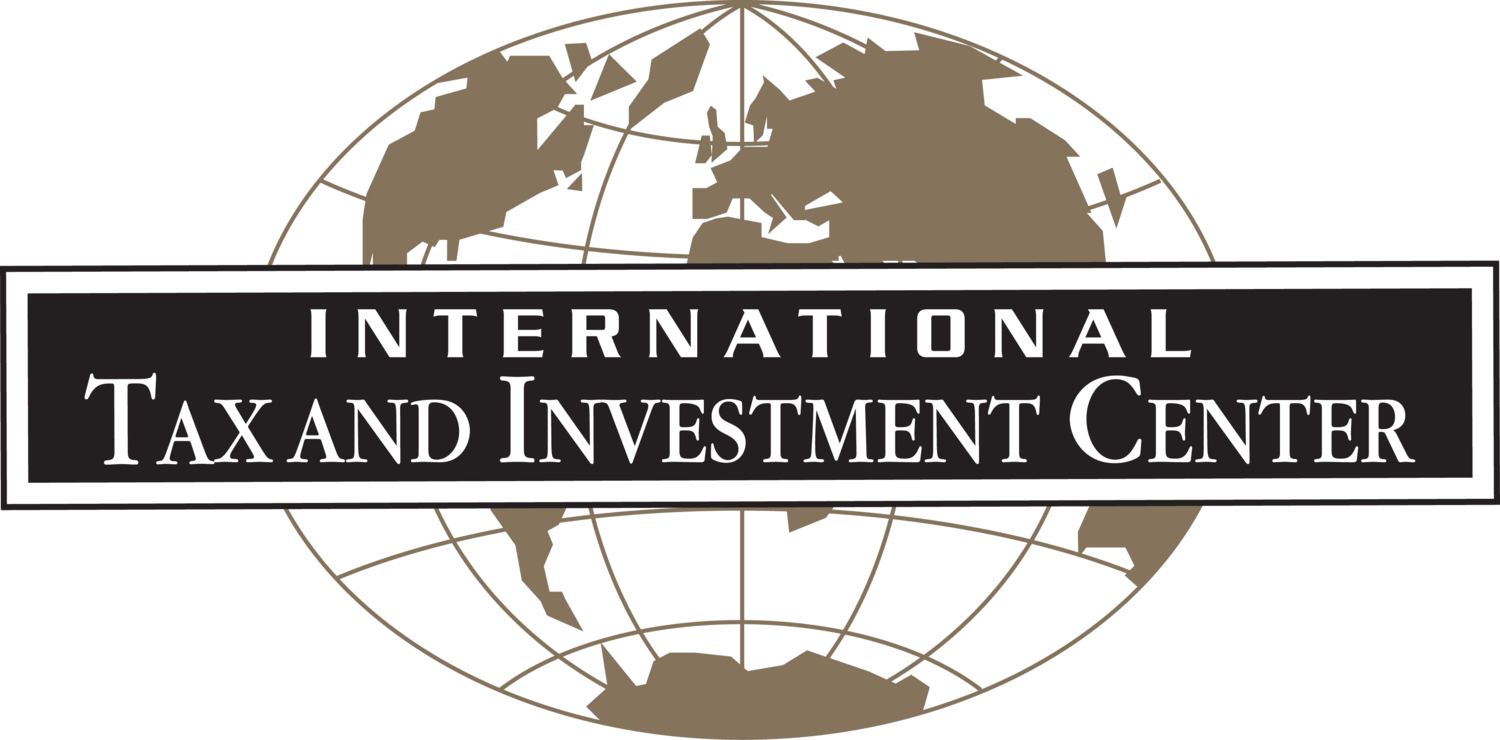- Twenty-five years ago, Dan Witt signed cooperation agreements with Russia's Ministry of Finance and Kazakhstan's Ministry of Finance to create the International Tax and Investment Center.
- Over 110 countries agreed to review the key concepts in the OECD's "Interim Report on the Tax Challenges Arising from Digitalisation"
- OECD Secretary-General, Angel Gurría delivered his latest report on international tax at the G20 meeting in Argentina.
- The official communiqué of the G20 was released
- The IMF completed a staff visit to Cambodia
- The OECD released additional guidance on BEPS Action 7 (Attribution of Profits to Permanent Establishments).
Weekly Round-Up
This week's round-up included:
- An article by ITIC Senior Advisor Richard Bird published in International Tax and Public Finance
- An article by ITIC Senior Advisor Sumit Majumder published in India Legal on GST
- The OECD's interim report on "Tax Challenges Arising from Digitialisation"
- A new position paper by the UK Government on corporate tax and digital economy
- Rhe IMF's visit to Lao P.D.R.
- A transfer pricing/customs valuation workshop held in Colombia by the WCO and OECD
- The IMF's Staff Concluding Statement for Uzbekistan
Weekly Round-Up
This week:
- The OECD released a new study on "Governance Frameworks to Counter Illicit Trade"
- The IMF published an end-of-mission press release following a staff visit to Kenya
- Brazil announced intentions to collaborate with the OECD to align its transfer pricing regime
- Kazakhstan announced a new system to track alcohol and oil production
- The OECD launched a program in Egypt to enhance domestic resource mobilization
- The IMF published a Staff Concluding Statement for Qatar
- Anguilla became the 113th jurisdiction to join BEPS
Tracking Alcohol and Oil Production
The 2017 ITIC study on the development of modern revenue controls on alcoholic beverages concluded that, although there are some advantages to the introduction of these systems, tax stamps and the related checking equipment are a sub-optimal policy choice and should not be considered a stand-alone solution. Instead, the goals of curbing the illicit trade in alcohol and protecting tax revenues require a much wider package of effective monitoring, control, and enforcement measures.
Fiscal markers for hydrocarbon oil products can be very useful in enabling revenue authorities to track the flow of the different products through the supply chain to the retail stage with mobile units carrying out random tests to establish the authentic nature of the product at the retail sales point. These, too, need to be part of a comprehensive anti-illicit trade strategy that should include public awareness and support programmes as well as a national enforcement plan.
The Astana Time recently ran an article reporting on the new system Kazakhstan has launched to track alcohol and oil products: https://astanatimes.com/2018/03/kazakhstan-launches-new-system-to-track-alcohol-oil-product-production-distribution/
Weekly Round-Up
This week:
- ITIC held a capacity-building working in Mozambique
- The World Customs Journal published ITIC's paper on "The Development of Modern Revenue Controls on Alcoholic Beverages"
- The EU Commission proposed a temporary tax on digital firms with "High User Involvement"
- South Africa announced plans to implement a carbon tax in 2019
- The European Commission released results from its Digital Economy Taxation Consultation
- Singapore announced its 2018 budget, including GST changes and new tax rules

